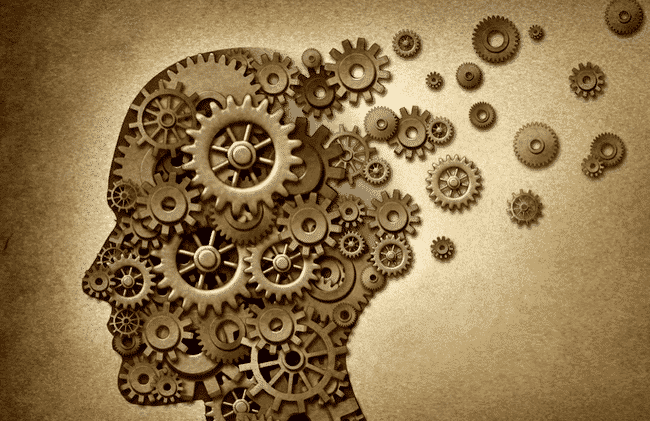My Comment on the NYT Free Will Article
October 21, 2011

There was a recent article on the New York Times regarding free will >. I posted it here earlier and I just finished posting a comment in the thread. It follows below:
—
—
::

There was a recent article on the New York Times regarding free will >. I posted it here earlier and I just finished posting a comment in the thread. It follows below:
—
—
::